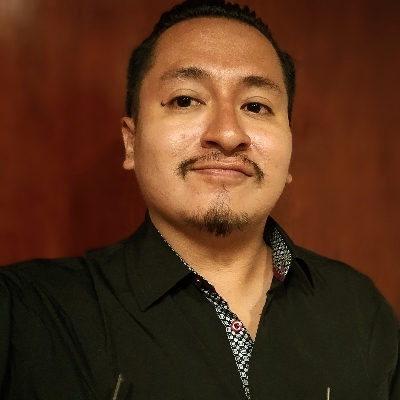Jarawi
Aya allpayachu akurani
aya
upallalla chuyunyaq
simiyuq kanallaypaq
urpi ñawillaymi
kausayta munashkan
¡kay!
Wañuy
nina qaqa kañay pachapi
chaki sonqoypi
¡Ay!
Yana allpatam takani
mitu chakiyman
yaku makiyman
paralla chayaykamuy
intilla kanchiykamuy
llapa tulluymi
katkatashkan
chaki sonqoyñataqmi
tallikuykushkan
lambras qasa mayuchanman
¡Ay!
Sirkaypi jintil
yawar mitmaqniy
wichay apullay
qawariwayña
kausayqa
manam kausayñanchu
asnaq
pukium qoltutumushkan
kay
nanaq, ñausa
karu rinri pachapi
aya allpañachu kanipas
¡mamallay, taytallay!
Manañam
kay vida kanichu
jarawillaymi uyarikushkan
kay pacha
anan pachamanta
richaparikunapaq
Jarawi1
Have I eaten the soil of the dead
that my tongue should dwindle soundlessly
into a fearful silence?
My dove eyes
wish so much to live here!
Into Death
into the fire of the rocks
into the burning of the Earth
into my drained heart
Alas!
I am digging black soil
on my feet of mud
on my hands of water
Rain come right away!
Sun brighten up at once!
All my bones
are shuddering
And my dry heart
is spilling out
in the ravine
in the lambras trees2
where the small river runs.
Alas!
Venerable Apu,
your ancestral lineage,
blood of jintilis3, flows into my veins.
My loved Mountain Lord,
look at me at once!
Living in this world
is wellbeing no longer.
The fetid Puquio
is outflowing
across this tormented, blind, and deaf Earth.
My dear father, my dear mother,
I am the soil of the dead now.
I am dying among groans and tears.
But my Jarawi is being heard
from this ruined landscape
toward the higher universes
to arouse us
to feel the urge of life.
Yana Chirapa
Mana yupiqmi kasqanki
yana puyu punchuyuq
uchku ñawiyuq upallalla
maypitaq makiki kanman
yuraq asiyniykipas
sumaqta
qamta qawaykuptiypa
mana imam kasqanki
qanwanmi puriyta munani
ukuyniypi rumi chinkaqta
tapuykunaypaq
imanasqam
kay pacha wakcha?
Imanasqam
kay tuta mana killayuq?
Imanasqam
llaqtanchikpi
aya
jawan pura, jawan pura
Qorontallaña, kuchpa, kuchpa
sapachallanku
manchariy pinchityaq
tuta chaupimpi?
Yana chirapa wari taytallay
qam piña, piña
wañuchikuq kaq
kay vidapa manam
juchaykichu, ripukusun
qawaykullasaq
yana chirapaykita
pachakunaman
llakiyta anyaykunaypaq
asiyniyta pukuykunaypaq
manchariyniytapas
sonqoykipi pakaykunaypaq.
Yana Chirapa4
You, the one with no footsteps
with a poncho of black cloud
and emptied eyes,
how softly you walk into the night
Where might I find your hands,
your white smile?
I saw you and I saw you so many times
and you have been nothing.
I wish I were walking in your company
toward the lost stone
in the depths of my insides
Please, give me your advice:
Why is this life, this time, abandoned?
Why is this night without the moon?
Why do the corpses
stacked like corontas5
one on top of the other
roll and roll alone across our land
in the middle of the anguish that glows
tonight?
My father Wari
Yana Chirapa
Severe Lord
who kills with ire
You are not guilty for this life
The time has come,
reveal to me your black rainbow,
show it to all the worlds
to let my laments sound
to blow away my smiles
and hide my terror
in your heart.
Translated from Quechua to English by Christian Elguera
The translator expresses his gratitude to the author and the poets Gloria Cáceres Vargas and Fredy Roncalla for their insights and feedback.
From the poetry collection Jarawi (1999)
1 Song of death.
2 Traditional tree in Andean landscapes.
3 Ancestors in the Andean world.
4 The Mountain Lord Wari transforms into a black rainbow. Whoever sees this lethal deity dies, vomiting blood.
5 Corn husk.



